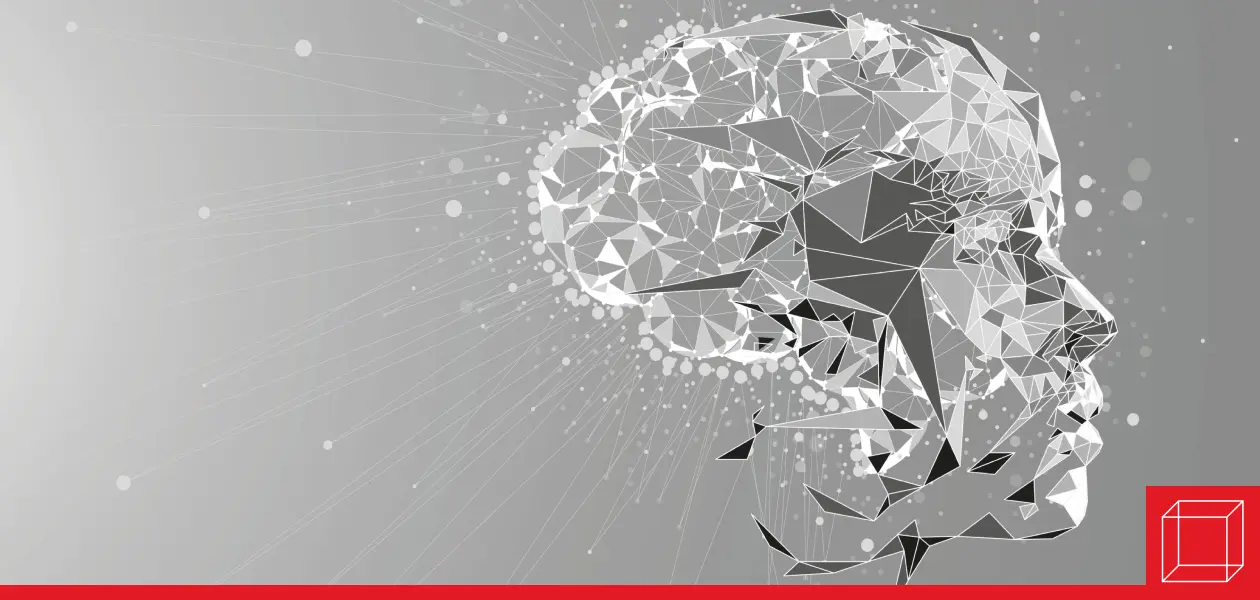Digital Strings: The Parallels Between Social Media and Manipulative Relationships
Unmasking the Hidden Dynamics: Social Media’s Manipulative Influence

In today’s digital age, social media has become deeply embedded in both our personal and political realms, revealing a complex array of influences that reflect the dynamics of control and manipulation common in personal relationships. For instance, an individual's experience of feeling isolated after being bombarded with emotionally provocative content on social media can reflect broader societal issues of digital manipulation and control.
As we navigate this digital landscape, it becomes clear that social media platforms are not just passive conduits for information, but active participants in shaping how we interact, perceive, and engage with the world around us. Through drawing parallels between the controlling tactics prevalent in abusive relationships and those subtly wielded by digital platforms, this exploration seeks to shed light on the significant and far-reaching impacts these dynamics have on our individual wellbeing and the essence of democratic society. By understanding these influences, we are better positioned to critically assess the role of social media in our lives and consider the broader implications for societal health and governance.
Manipulation in the Digital Age: A Dual Perspective
The manipulation in personal relationships is characterized by control, surveillance, and emotional exploitation, and these characteristics mirror the operations of social media platforms. An example can be seen in a teenager's anxiety from constant social media surveillance, paralleling how surveillance in abusive relationships restricts autonomy. Facebook, Twitter, and Instagram, among others, have crafted environments that reflect the power imbalances of abusive relationships, utilizing extensive surveillance and data analytics to manipulate user engagement. These platforms employ algorithms that prioritize emotionally provocative content, ensuring users remain engaged, often detrimentally affecting their emotional health. This form of digital emotional manipulation, exploiting vulnerabilities similarly to manipulative individuals in personal relationships, uses intimate knowledge of personal preferences and behaviors to establish control (Orlowski, 2020; Berger, 2013).
Moreover, the manipulation of information flow on social media, culminating in echo chambers, resembles the tactics in abusive relationships where the manipulator restricts the victim’s exposure to external viewpoints. In the political arena, this manipulation becomes weaponized misinformation. Social media platforms serve as fertile ground for the dissemination of misleading narratives designed to shape public opinion and behaviors, thereby undermining the bedrock of informed discourse and trust in democratic institutions (Benkler, 2019; Wardle, 2024).
The profound insights of C. Wright Mills (1959) in “The Sociological Imagination” provide a foundational understanding of how personal troubles and public issues are connected, suggesting that the dynamics of manipulation and control observed in personal relationships and through social media reflect broader societal structures and power relations. Mills’s analysis underscores the importance of recognizing these manipulative structures to navigate and challenge them effectively.
Social Media’s Impact on Democracy and Personal Wellbeing
Beyond shaping individual perceptions, the influence of social media undermines social cohesion and warps the contours of public debate. Consider how a person’s echo chamber on social media might reinforce their biases, mirroring the societal trend of polarized communities. Ironically, platforms that were initially designed to enhance connections among individuals have instead contributed to increased social isolation and a pronounced fragmentation of society. This mirrors the isolating effects observed in manipulative personal relationships. This societal fragmentation poses a stark challenge to the democratic process, which depends on informed, diverse discourse and a robust exchange of ideas. Furthermore, the algorithms responsible for content curation on social media platforms frequently distort objective reality, thereby undermining the informed citizenry that is crucial for the sustenance of a vibrant democracy. This phenomenon has been critically analyzed and discussed in the works of scholars like Putnam (2000), Keane (2018), and Mills (1959), who have emphasized the importance of a well-informed public in the functioning of democratic institutions.
Countering Digital Manipulation: The Role of Media Literacy and Ethical Practices
Addressing the multifaceted challenges of social media and misinformation requires a comprehensive strategy that emphasizes media literacy and the ethical responsibilities of technology companies. One way to address this is by teaching individuals to recognize manipulative tactics in their own social media use, which reflects broader efforts to promote critical media literacy across society. Implementing these strategies demands a commitment to ethical standards and media literacy, which are essential for navigating the complexities of the digital age and supporting democratic institutions (Anderson, 2021). Media literacy empowers individuals to critically assess the information they encounter online, enabling them to distinguish between authentic and deceptive content. This skill is fundamental for engaging in meaningful discussions and making informed choices in personal and political realms. Additionally, technology firms have a significant ethical duty to verify the accuracy and integrity of information on their platforms. This involves enacting strict controls to limit misinformation, encouraging diverse perspectives, and fostering an atmosphere that promotes critical thinking and healthy debate. These measures are vital for combating manipulative tactics on social media and preserving democratic societies by developing a more informed, engaged populace.
Conclusion
The parallels drawn between manipulation in personal relationships and the tactics social media platforms employ unveil the intricate challenges confronting individuals and democratic societies in the digital era. Recognizing how a person’s manipulated engagement on social media reflects larger societal manipulation helps in understanding the broader implications for democracy and personal well-being. Social media’s pervasive impact on personal wellbeing and public discourse necessitates a vigilant and proactive stance toward digital consumption. As we traverse the digital landscape, fostering media literacy and demanding ethical standards from technology platforms are crucial strategies. Not only do these efforts aim to counteract digital manipulation, but they also seek to ensure the resilience of personal relationships and the integrity of democratic governance. The collective endeavor to achieve these objectives promises a digital environment that enriches rather than undermines the quality of our personal and political lives, echoing Mills’s (1959) call to understand the intricate connections between individual experiences and larger social structures.
Discussion and Reflection Questions
- How do the manipulative tactics employed by social media platforms, as described in the essay, compare with those observed in personal abusive relationships? Discuss the implications of these parallels for individual emotional health and autonomy.
- In what ways do social media platforms contribute to the fragmentation of society and the undermining of democratic processes, according to the essay? Consider the role of algorithms in shaping public discourse and the potential impacts on social cohesion and informed citizenship.
- The essay emphasizes the importance of media literacy and ethical practices by technology companies in countering digital manipulation. Discuss the challenges and potential strategies for implementing these solutions effectively. How can individuals, educators, and policymakers collaborate to enhance media literacy among the public?
- Reflecting on C. Wright Mills’s concept of the sociological imagination, how can understanding the links between personal experiences and larger social structures inform our approach to navigating the digital landscape and mitigating the adverse effects of social media on democracy and personal wellbeing?
Anderson, J. (2021). Media literacy in a disruptive media environment. Routledge.
Benkler, Y. (2019). Network propaganda: Manipulation, disinformation, and radicalization in American politics. Oxford University Press.
Berger, J. (2013). Contagious: How to build word of mouth in the digital age. Simon & Schuster.
Mills, C. W. (1959). The sociological imagination. Oxford University Press.
Keane, J. (2018, March 22). Post-truth politics and why the antidote isn’t simply ‘fact-checking’ and truth. https://theconversation.com/. https://theconversation.com/post-truth-politics-and-why-the-antidote-isnt-simply-fact-checking-and-truth-87364
Orlowski, J. (2020). The social dilemma [Film]. Netflix.
Putnam, R. D. (2000). Bowling alone: The collapse and revival of American community. Simon & Schuster.
Wardle, C. Fake news. It's complicated. https://medium.com. Retrieved November 07, 2024, from https://medium.com/1st-draft/fake-news-its-complicated-d0f773766c79



